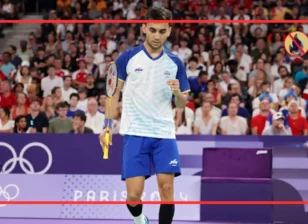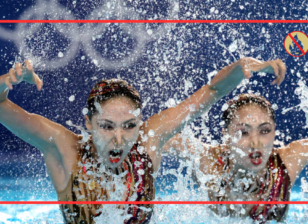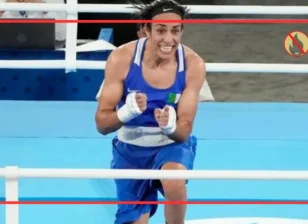French Human Rights Issues Explained
In terms of democracy and human rights, France, a country founded on the principles of liberty, equality, and fraternity, is frequently cited as an example. Under the direction of President Emmanuel Macron, France functions with a bicameral parliament made up of the National Assembly and the Senate within the framework of a multiparty constitutional democracy. However, despite its long history and dedication to human rights, there are a number of urgent problems that French society must address right away.
Human Rights Issues:
Antisemitism-related crimes and violence have increased alarmingly, revealing a troubling trend of intolerance and bigotry, as have incidents involving violence or threats against Muslims. Further underscoring the need for more thorough safety for marginalised communities. The violence against LGBTQ+ people continues to be a problem. France’s dedication to equality and justice faces significant obstacles from human rights violations, which are frequently followed by impunity, as well as other types of discrimination, including racial discrimination.
Law Enforcement and Security:
France’s civilian police force and Gendarmerie divisions are facing allegations of excessive force, cruelty, and violence, damaging their reputation and questioning the effectiveness of police disciplinary committees and the Inspector General of the National Police. Urgent reforms are needed to protect civil liberties and address discriminatory tactics.
Prison and Detention Conditions:
The French prison system faces challenges like overcrowding, poor physical conditions, high violence rates, and inmate disputes. The lack of independent oversight worsens the situation. To ensure human dignity and fair treatment, prioritising improvements in jail and detention conditions is crucial.
Discrimination and Minority Rights:
France faces challenges in promoting inclusive cultural standards due to antisemitism, discriminatory sports rules, and discrimination against Muslim women. Racial profiling and prejudice threaten justice and equality. Comprehensive procedures are needed to protect everyone’s rights and dignity.
Refugees’ and Migrants’ Rights:
Concerns have been expressed concerning the possible infringement of rights for migrants and refugees in border police actions as well as the contentious practice of summary returns of migrants. Reports of fatalities at border crossings highlight how urgent it is to create safe and legal avenues for migrants. The asylum seekers, guaranteeing that their basic human rights are respected and safeguarded.
Freedom of Association and Expression:
France acknowledges the importance of civil society organisations, but recent dissolutions and restrictions on association and communication have raised concerns about limited space for action and criticism. The handling of protests and civil disobedience complicates the state-people dynamic, requiring a balanced strategy for public order and individual liberty.
Climate Crisis and Environmental Rights:
France faces criticism for its lack of decisive action in addressing environmental issues amid the global climate crisis. A comprehensive strategy is needed, including adherence to air quality regulations and processing environmental lawsuits. France must promote responsible behavior and sustainable practices at national and international levels.
Justice and Accountability:
The necessity for greater accountability and justice is questioned in light of instances of war crimes and crimes against humanity. With an emphasis on victims’ rights to the truth, justice, and restitution, the idea of universal jurisdiction is crucial in resolving these horrendous crimes. In order to guarantee that those who commit flagrant violations of human rights are held accountable for their acts. France must take proactive measures to stop reckless arms transfers and enforce international legal norms.
International Involvement and Obligations:
The participation of France in international organisations like the , European Court of Human Rights (ECtHR) and its adherence to a number of international treaties and conventions demonstrate the country’s dedication to defending human rights on a worldwide scale. In order to promote a culture of human rights and make sure that France continues to be a leading supporter of fundamental freedoms and democratic principles all over the world, cooperation within the Council of Europe and other international organisations is still essential.
Conclusion:
A diverse strategy is required to handle the pressing issues at hand in the context of contemporary France due to the intricate interaction of societal complexity and human rights challenges. President Macron’s administration must collaborate with civil society organisations, stakeholders, and international partners to implement comprehensive reforms prioritising human rights protection. It strengthens the rule of law, and promotes an inclusive society. By respecting democracy, equality, and justice, France can create a more equitable future.





